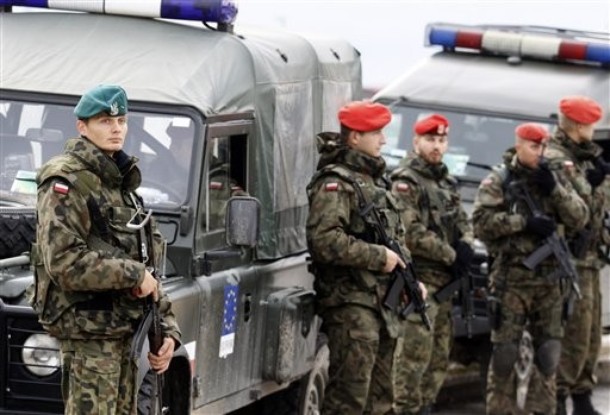
From Kurt Volker, the American Interest: Why does the world today no longer see Europe as a model, as it seemed to do only a few years ago? It’s simple: The world can’t be expected to believe in a European model that Europeans don’t seem to believe in themselves. …
The economic strains in turn have put pressure on political solidarity within Europe, evidenced precisely by Germany’s call for an expulsion clause. But even before the Euro-crisis there were signs of political strain. While the Lisbon Treaty was supposed to usher in an era of closer European political integration, in reality the big nations of Europe, led by Germany, have been emphasizing national interests over European ones on a range of issues: energy security; protection of key national industries; economic stimulus in major economies; immigration from Central and Eastern Europe (the “Polish plumber” issue); fear of further enlargement; and the selection of relatively unknown leaders for the European Union under the Lisbon Treaty. The Greek crisis exacerbated existing strains; it did not create them. …
It can even be argued that one can see this lack of ideological confidence in Europe’s unwillingness to invest in its own security. Whether it is defense budgets, troop deployments, Georgian territorial integrity, missile defense, Iran’s nuclear program, efforts in Afghanistan, or counter-terrorist intelligence and data cooperation at home, Europe is seen by those with revisionist agendas—great powers, rogue states and terrorists alike—as a reluctant partner in tackling its own security challenges rather than a self-motivated activist. As one NATO military leader famously quipped, “NATO couldn’t take its own side in a fight.”
Kurt Volker is senior fellow and managing director of the Center for Transatlantic Relations at Johns Hopkins University’s School of Advanced International Studies. (photo: AP)
Image: ap%206%2016%2010%20EUFOR%20Sarajevo.jpg
